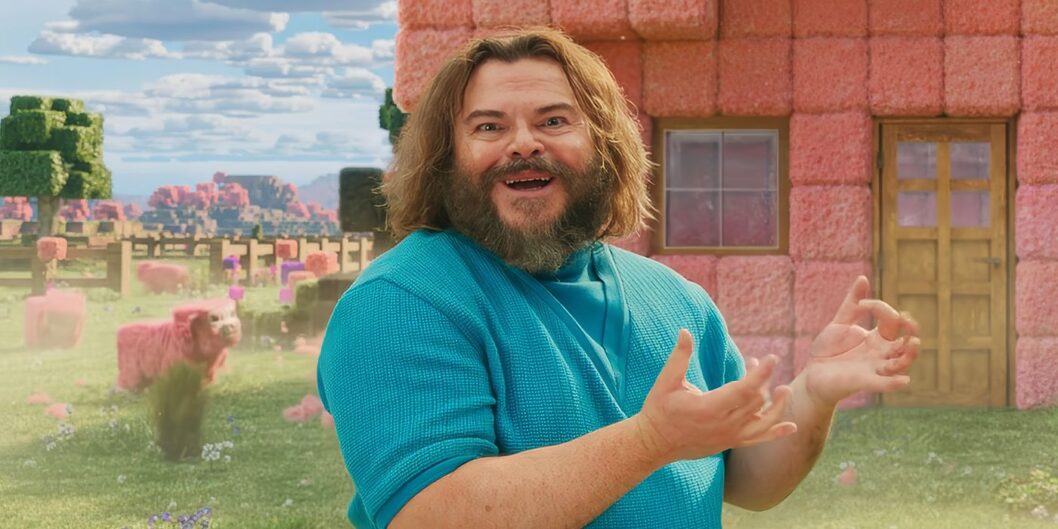Hollywood’s Ongoing Struggle with Video Game Adaptations: Jack Black at the Forefront
For years, Hollywood has grappled with translating video games into successful films, often falling short of audience expectations. However, the recent performances of Jack Black in major adaptations like The Super Mario Bros. Movie and an upcoming Minecraft Movie signify a potential turning point for these adaptations. Both films have achieved impressive box office results, heralding hopes for a revitalized franchise and a new direction for video game movies.
Jack Black: The Voice of Video Game Characters
Jack Black, known for his vibrant personality and comedic prowess, plays pivotal roles in both adaptations. In A Minecraft Movie, he portrays the iconic character Steve, while in The Super Mario Bros. Movie, he takes on the formidable Bowser, Mario’s arch-nemesis. Additionally, his role as Professor Sheldon "Shelly" Oberon in Jumanji: Welcome to the Jungle, while not linked to a video game, applies video game conventions to a beloved classic.
Despite the success, these roles raise questions about typecasting. While Black’s vibrant characters generate laughs and memorable moments, they often lack the depth and menace associated with their video game counterparts. Black’s Bowser, for example, is portrayed more as a lovesick reptile than the terrifying villain present in the Mario games. This divergence can impact how audiences perceive these characters and the narrative heft of the adaptations.
Musical Talent and Comedic Relief
A noteworthy aspect of Black’s characters is his musical talent. Both The Super Mario Bros. Movie and Minecraft feature significant musical numbers where Black showcases his singing abilities. In The Super Mario Bros. Movie, Bowser serenades Princess Peach, voiced by Anya Taylor-Joy, with the song “Peaches,” while in Minecraft, Steve whimsically sings about “lava chicken.”
However, this musical element comes with a downside. While these sequences highlight Black’s comedic timing, they also risk confining his roles to that of comic relief. As upcoming adaptations like Mass Effect and God of War demand a serious tone, Black’s comedic style may not always be suitable, potentially limiting the emotional depth required for such narratives.
The Limits of Jack Black’s Comedic Style
Conversely, not all of Black’s video game portrayals have been met with acclaim. In the film Borderlands, released last year, he voices the character Claptrap. Despite Black’s star power, the film disappointed critics and audiences alike, largely due to a misalignment in character interpretation.
Claptrap is traditionally a nuanced figure seeking belonging, yet the film reduced him to a simple comedic sidekick whose observations lack substance. This decision undermines the character’s depth and illustrates a broader concern—if filmmakers lean too heavily on Black’s comedic persona, they risk alienating fans of the original games who seek authentic adaptations with richer storytelling.
Looking Ahead: The Future of Video Game Movies
The contrasting receptions of these films highlight the challenges that lie ahead for the genre. If video game adaptations aspire to resonate with audiences and achieve commercial success, they must balance humor with depth. Jack Black may indeed be a valuable asset to the genre, but less can sometimes be more.
In conclusion, while Jack Black’s involvement in video game movies shows promise—illustrating a shift in Hollywood’s approach to these adaptations—it also underscores a significant challenge: the need for authenticity in character representation. As the industry continues to evolve, the potential for more nuanced and engaging video game narratives remains, contingent on filmmakers’ willingness to explore beyond comedic tropes. The outcome of future adaptations, particularly as they delve into more serious themes, will likely determine the lasting impact of video games on the silver screen.









